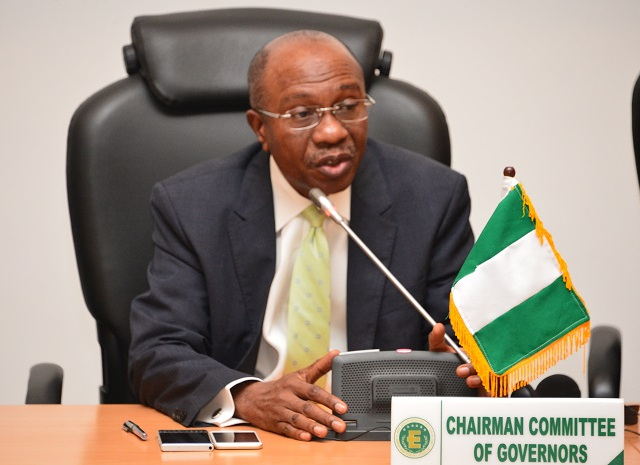The Central Bank of Nigeria (CBN) has placed 7,552 Bank Verification Numbers (BVN) on its watchlist for fraudulent transactions. The eNaira, the Central Bank Digital Currency (CBDC), has recorded 1.4 million transactions to date, a 100% increase compared to 700,000 transactions in November 2022.
Nigeria is moving towards seamless financial transactions in the country using cardless and contactless payment options such as QR Codes, NFC, among others. The governor of the CBN, Godwin Emefiele, spoke at the 34th Finance Correspondents and Business Editors seminar in Calabar, Cross River State yesterday. The event’s theme was “Implementing a Robust Payment Architecture Prospects, Opportunities, and Challenges.” Emefiele said that the Nigeria payment system landscape has continued to develop, and the eNaira has undergone continuous modification to make it accessible to a wide range of users.
The advent of COVID-19 triggered rapid advancements in financial technology, leading to speedy digitisation of money and finance. The apex bank took advantage of the opportunity by launching the eNaira in October 2021. The eNaira was developed to broaden the payment possibilities of Nigerians and foster digital financial inclusion, with potential for fast-tracking intergovernmental and social transfers.
The total enrollment of BVN as at March 31, 2023, stood at 57.43 million, and BVN has helped the industry investigate fraud and other related crimes. The BVN is supporting the development of credit profiles for banking customers, which will assist in improving access to credit for credit-worthy borrowers by banks. The CBN has continued to support the aggressive enrollment of prospective banking customers in the informal sector onto the BVN system.
Emefiele noted that cyber threats and fraud activities of fraudsters continue to threaten the resilience of payment platforms, and the public’s confidence is impacted by these activities. To address these hiccups, the CBN is collaborating with the Nigeria Electronic Fraud Forum (NeFF), payment card industry data security standard, the financial industry cybersecurity fusion centre, and other initiatives against cybersecurity and fraud in Nigeria. The bank will also adopt a collaborative approach to achieve minimal cybersecurity threats in the payment system.
According to the director of Payment Systems Management, CBN, Musa Jimoh, who was represented by the deputy director, Payment Systems, Adefuye Adeyemi, 7,552 BVNs were on watchlist for fraud-related transactions. The centralisation of BVN has enabled the CBN to track fraudulent individuals and entities who have engaged in forgery, compromise, complicity, fraudulent duplicate enrolment and any fraudulent infraction with and without monetary value.
The banking industry is quickly evolving towards cardless and other contactless payment options. The regulator has issued robust regulations to standardise the operations of contactless payments in Nigeria. Contactless payments are an innovative payment option for the safe and efficient conduct of low-value, large-volume payments. This payment option, alongside other payment initiatives, has helped open new opportunities in the payment ecosystem, such as artificial intelligence, quantum computing, and contactless payments. The Payments System Vision (PSV) 2025 contains several recommendations aimed at driving implementation of some of the latest technologies to ensure the system’s resilience and safety.
The Nigerian payments and financial services sector is ranked among the best in terms of innovation, regulation and resilience, and to sustain the successes achieved, the support of all financial institutions and stakeholders is imperative.


